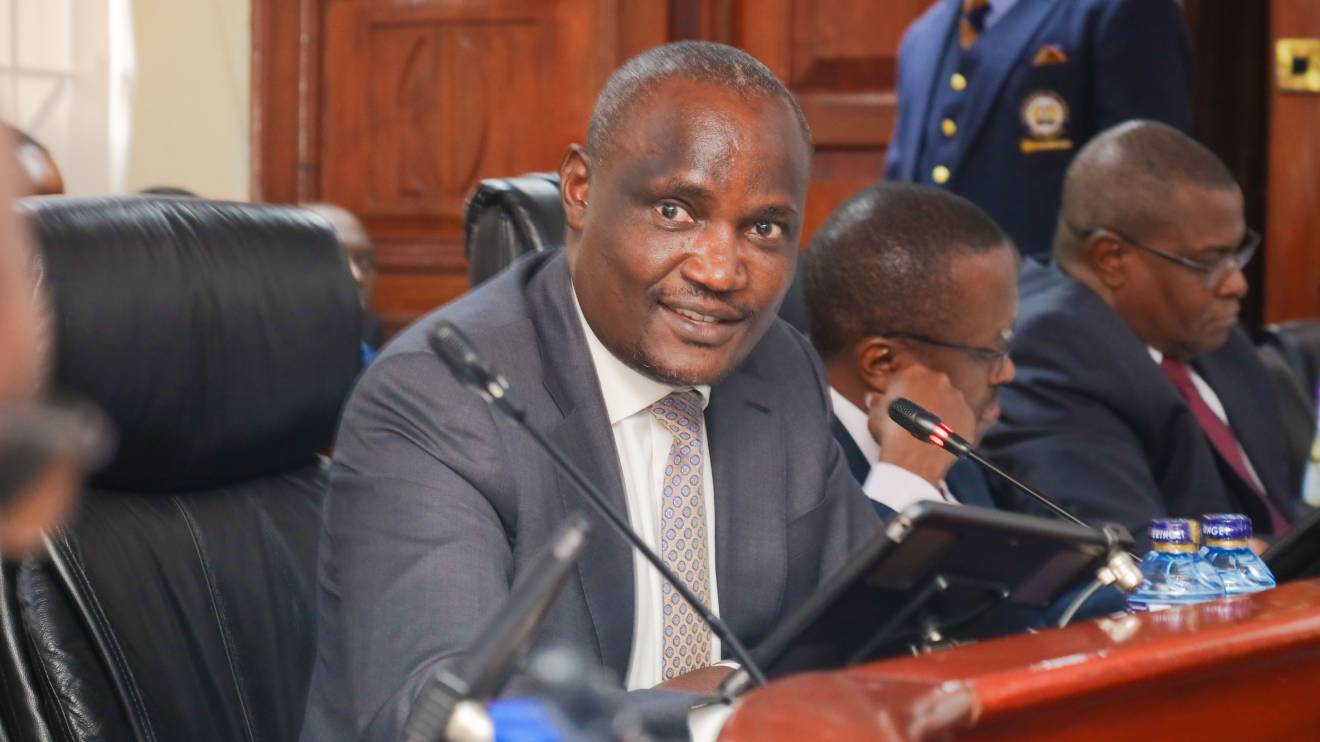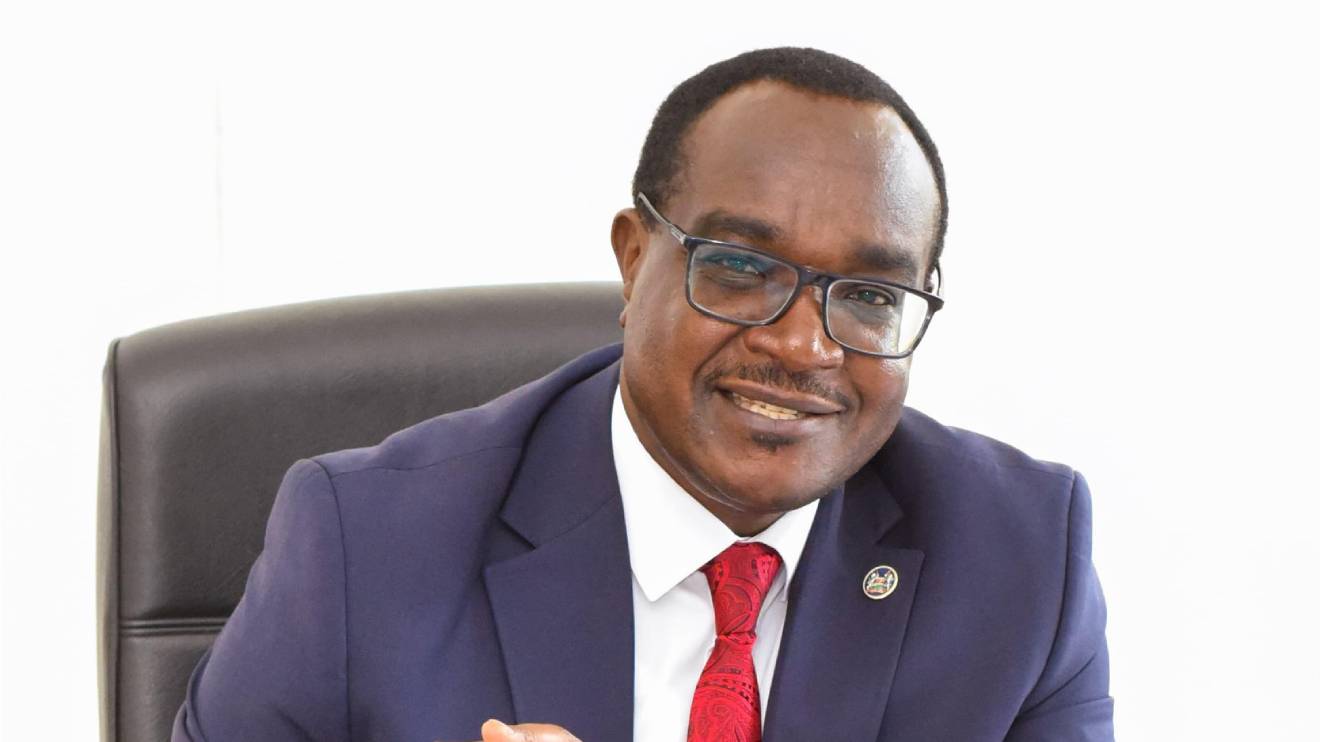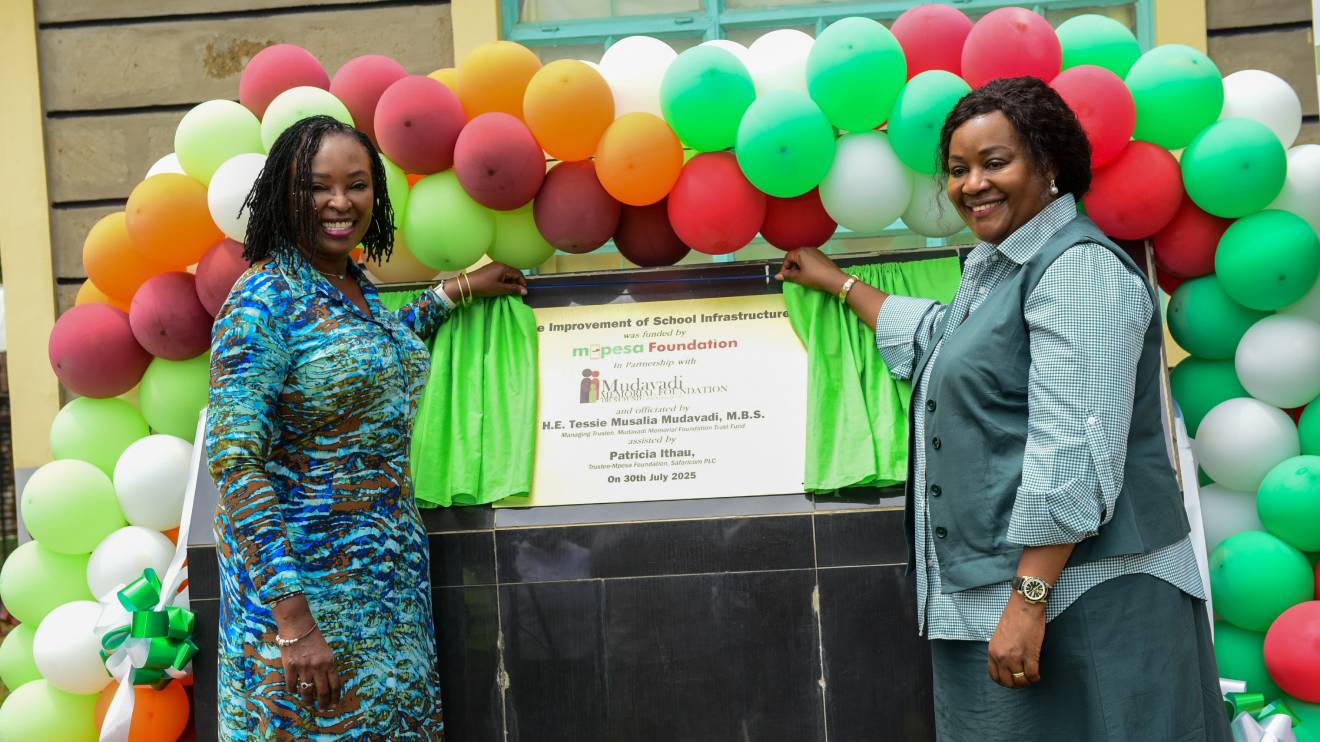The government has announced sweeping changes to the country’s education financing model, including a significant reduction in capitation for secondary school students and a possible return of exam registration fees, citing fiscal pressure and growing enrolments.
Treasury Cabinet Secretary John Mbadi told the National Assembly on Thursday that the free basic education programme was becoming financially unsustainable due to constrained public finances and the increasing number of learners.
He said the government would now allocate Sh16,900 per child in secondary schools, down from the previous capitation rate of Sh22,244.
“Currently, learners are provided with tuition and operations costs at the rate of Sh1,420 for primary education. For junior school, it is Sh15,042 per child, and in senior secondary school, it is Sh22,244 per child,” he said.
The CS explained that although the government had sustained the programme for years, present fiscal realities were forcing a policy shift.
Read More
“However, due to constrained fiscal space and other emerging priorities within the education sector, updating these rates might be untenable. The government will, however, consider reviewing this rate should revenue performance improve,” he added.
Mbadi also disclosed that the State was mulling over a plan to reintroduce registration fees for national examinations, a move that would affect millions of learners previously exempted under the free education policy.
Education Cabinet Secretary Julius Ogamba, who also addressed the committee, supported the proposed measures, arguing that the budgetary allocations to the ministry had failed to match the growing student population.
“This particular figure for the past four or five years has never been attained in the budgeting of the money that comes to the ministry, and that is because the number of students has been going up, but the figure has remained static,” Ogamba said.
He clarified that the Ministry had made efforts to ensure that the available funds were disbursed efficiently and on time.
“Administratively, the ministry has taken steps to ensure the timely disbursement of capitation at the ratio of 50:30:20, for the first term, second term and third term,” he explained.
The announcement has sparked debate over the future of free education in Kenya, which has been a cornerstone policy since its reintroduction in 2003.
With a growing student population and rising operational costs, questions now loom over whether the burden will increasingly shift to parents in the coming academic years.





-1752797011.jpeg)

-1757663582.jpeg)


